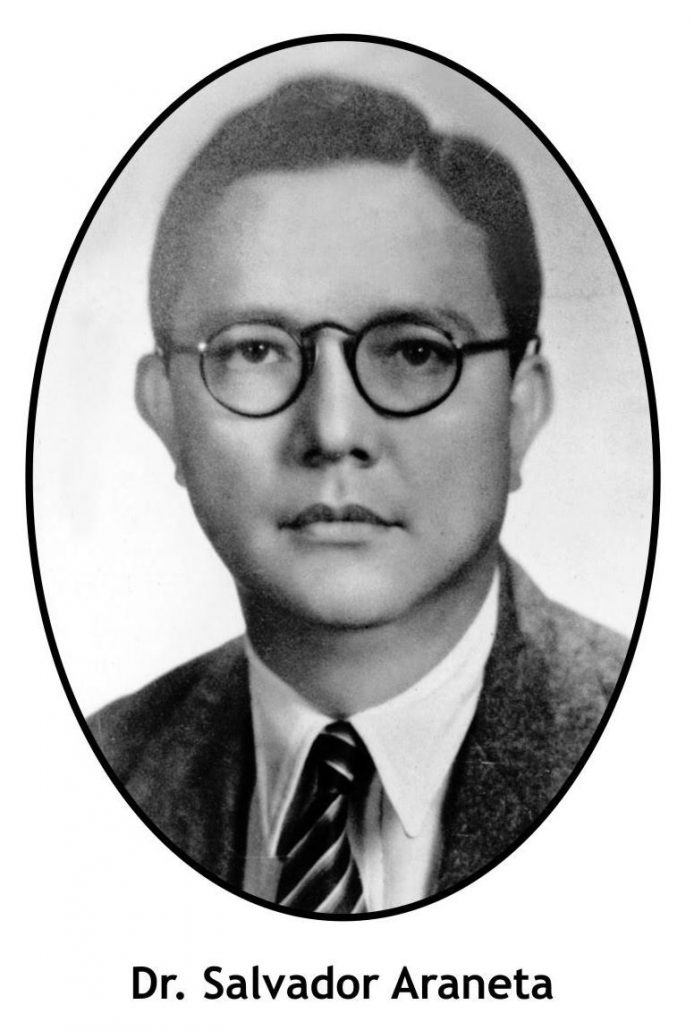 A New Deal For Mindanao
A New Deal For Mindanao
The new deal that Dr. Salvador Araneta brought before President Ramon Magsaysay was not the first time he tried to propose such a program to a President.
In 1933, inspired by the New Deal approach of President Roosevelt during the Great Depression in the United States, Araneta urged President Manuel Quezon to adopt a New Deal to solve the tenancy problem.
He further urged the government to take a positive view of Mindanao for various reasons.
First, Mindanao had vast natural resources, thus it had the potential of solving our agrarian issues. The land in Mindanao was fertile and suitable for agriculture.
Another reason was that it could solve the problem of relocating prisoners to larger and more suitable quarters so that it would be more conducive to rehabilitation.
Araneta proposed that instead of tenants and apareceros, or sharecroppers, why not convert them to landowners?
Araneta reasoned that instead of regulating tenants by law, which would interfere with the freedom of contract, this would be a better alternative. There was no question that small landowners would be the greatest stabilizing influence in the community.
The social justice issue that was being contemplated on in both social and political circles would best be served in agriculture rather than in urban areas.
However, it was Governor-General Murphy who decided on what policies the government should undertake: gave higher wages and labor insurance, and provide shorter hours of work that would be applied directly to those employed in industries.
Araneta noted that historically there were several commissions sent to Mindanao but their ideas and plans were simply destined to slumber in filing cabinets.
Why did Araneta urge taking possession of Mindanao through settlers from Luzon and Visayas?
According to him, under the Jones Law, Mindanao and Sulu were under the tutelage of the Governor-General. So it was the Governor-General who could solve the problem.
In Araneta’s opinion, “Unless we dedicate ourselves not only to legally own Mindanao, and also to enjoy its possessions, Mindanao will continue to be a problem and a very delicate one for our national integrity. The problem of keeping Mindanao as our territory will be more difficult unless we begin NOW, not tomorrow but right NOW to populate it and supplying the said region with capital investments.”
Sabah Issue: Araneta and Sumulong, “Men of Consequence”
Politicians and scholars still relied on Araneta’s legal mind, even after leaving public office. The Weekly Nation (Oct. 14, 1968) featured him and former senator Lorenzo Sumulong on their views on the Sabah Issue.
The question of getting back Sabah had been floating around in some circles. Both Araneta and Sumulong were against reclaiming Sabah.
Sumulong was then of the opinion that all views should be heard. Sumulong and Araneta were chosen because both were “men of consequence.”
While a great majority was for pursuing the claim, these “two citizens of known probity” chose to show their dissent and alarm.
Araneta asked: “Should we allow a Philippine joke to become a Philippine tragedy because we are guided by our emotions and not by reason? In the end, we shall realize that our claim to sovereignty rights is illusory and will never be accomplished.”
He warned that we should not go and join the conspiracy of silence and all those who should, have to speak out our minds.
Aside from legalities, Araneta pointed out that we should keep our house in order first. He cited the following problems besetting the country: poverty, unemployment, peace and order, graft and corruption, foreign exchange crisis, juvenile delinquencies, labor unrest, unbalanced budget and subversion in Central Luzon.
“Do we want to compound this with subversion in Mindanao?” he asked.
For Senator Sumulong, “Sovereignty belongs to states, not to private individuals, if at all, the entire territory of Sabah will be claimed by the heirs of Sabah and not as a part of Philippine territory.”
The Sabah Act (Tolentino-Barbers Act) is more of a reaction to the embarrassment caused by Malaysia in Bangkok. And it was Max Soliven, then Manila Times columnist, who referred to Sabah as a Filipino joke.
Araneta further asked, “Is the Philippines ready to be federated with Sabah? Sabah was already an autonomous state within the Federation of Malaysia. Will the Sabah people consent? For that matter, would the Philippines and Sabah be ready to be a federation with other countries like a Pan-Malayan Federation?” (To be continued/PN)

